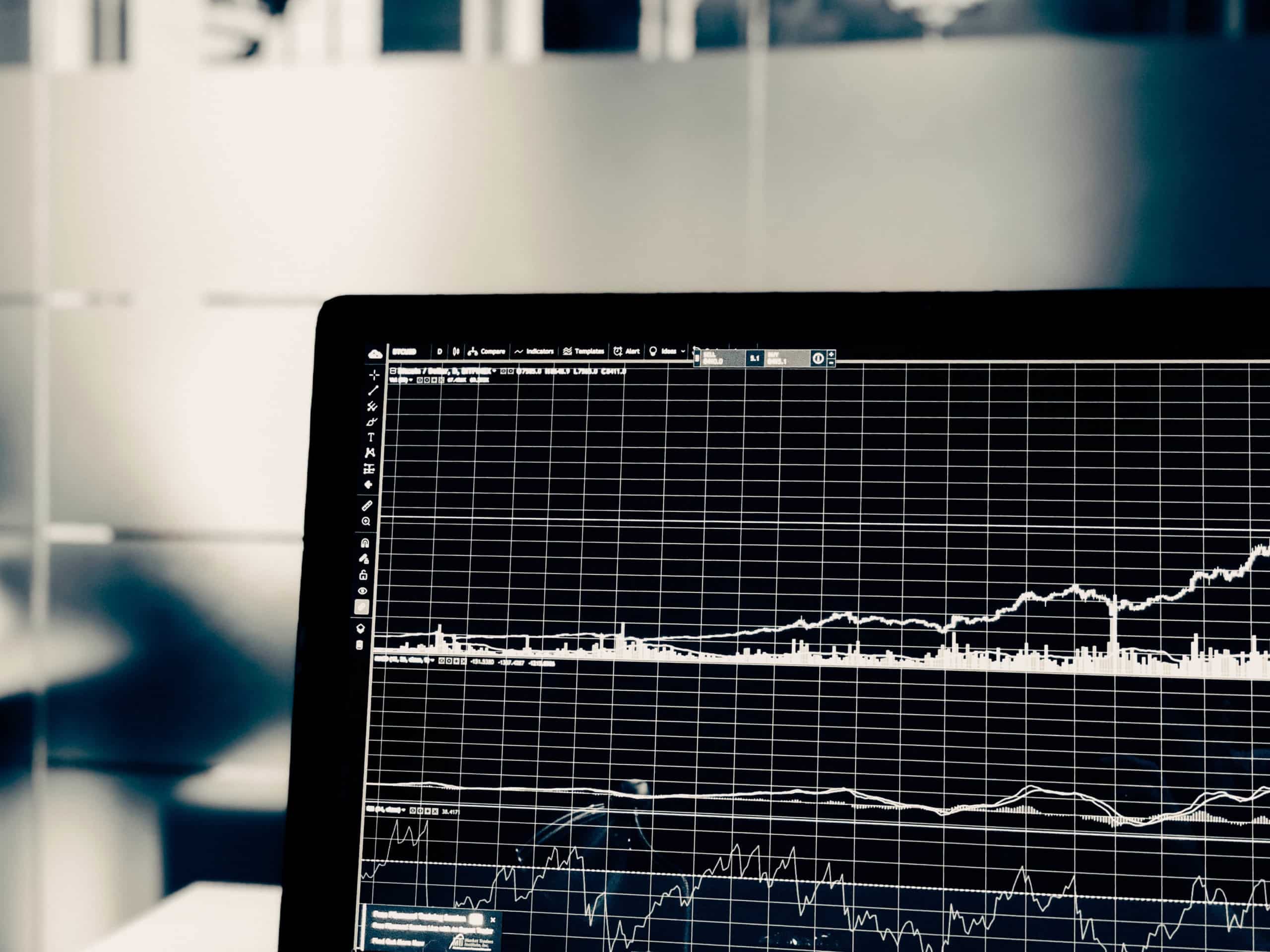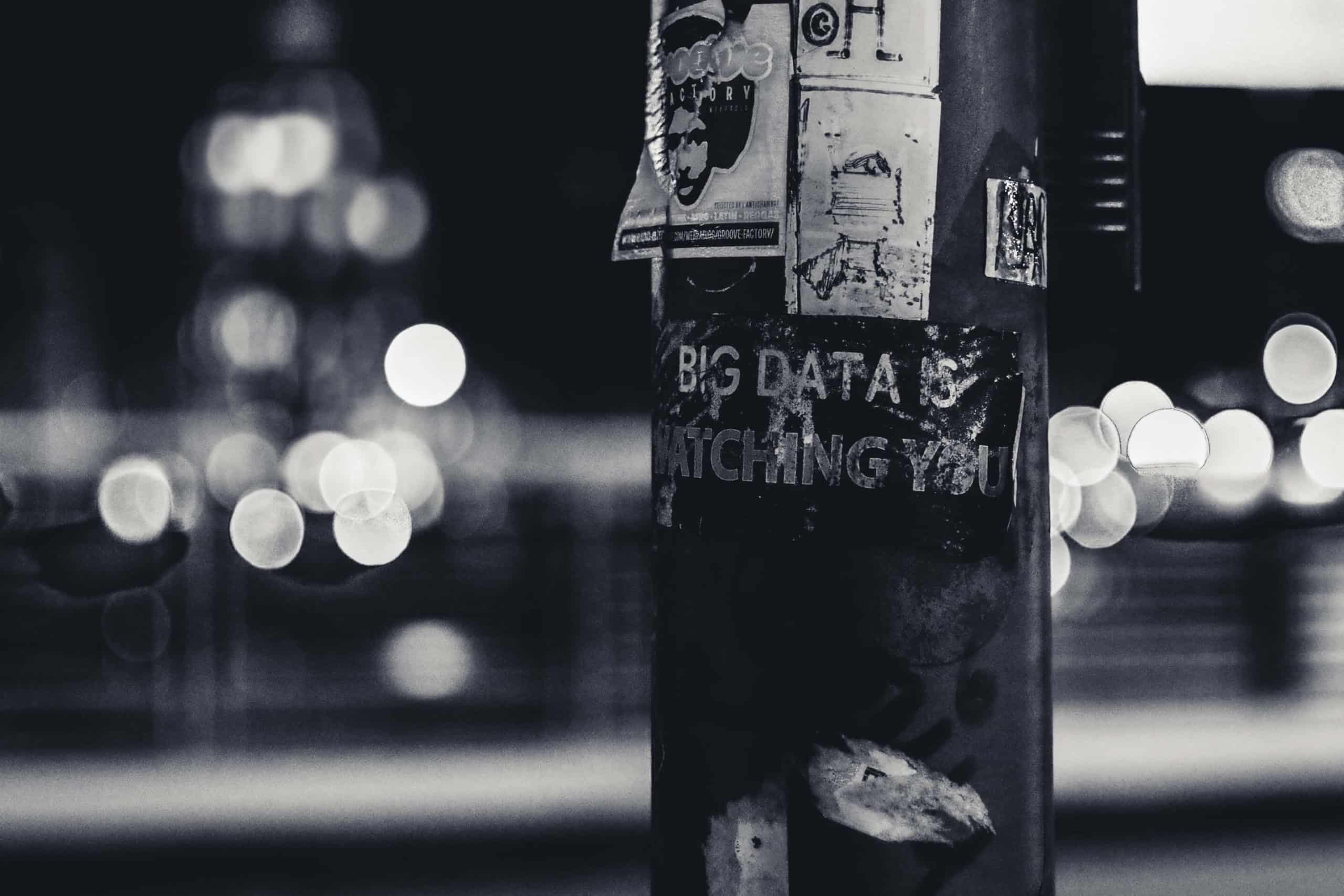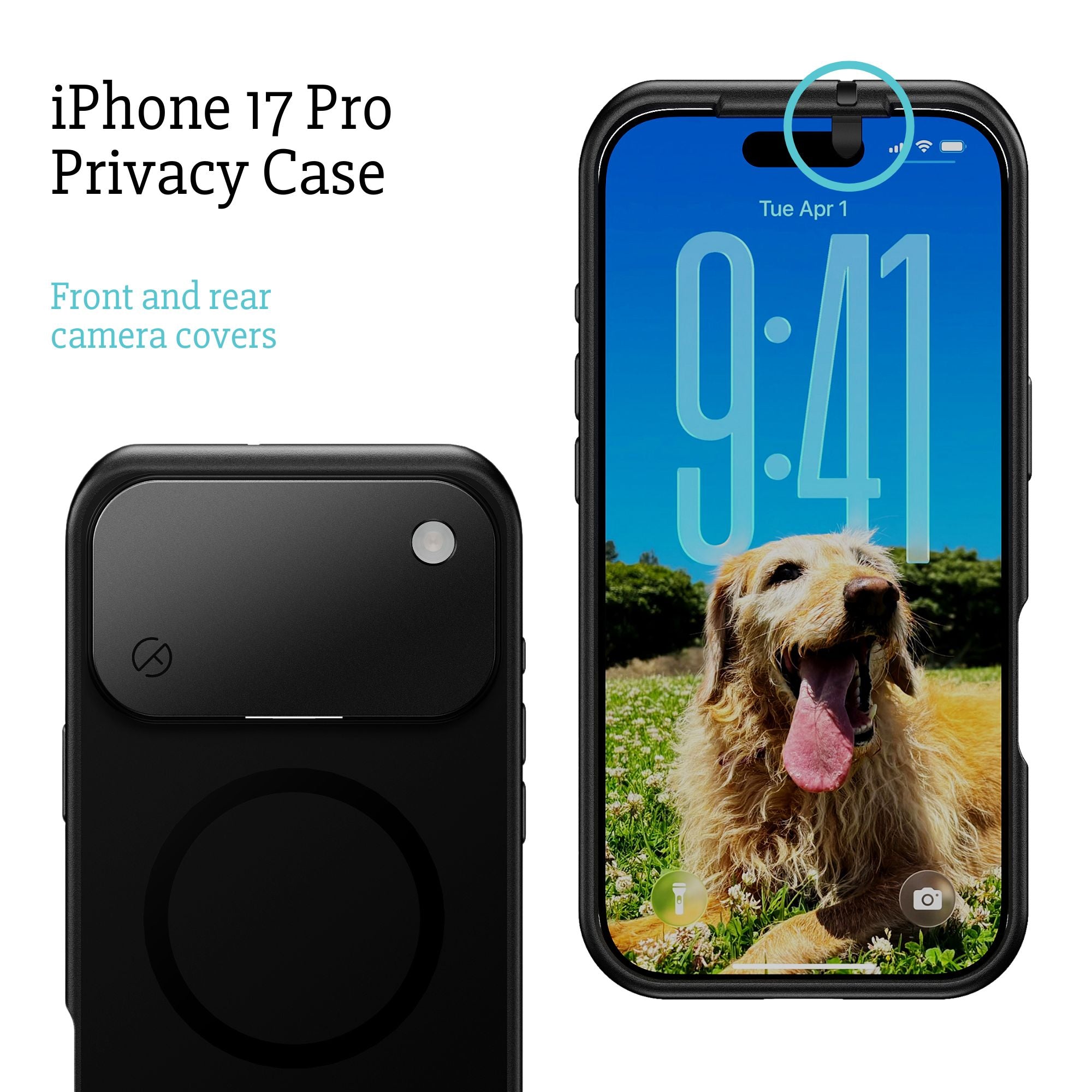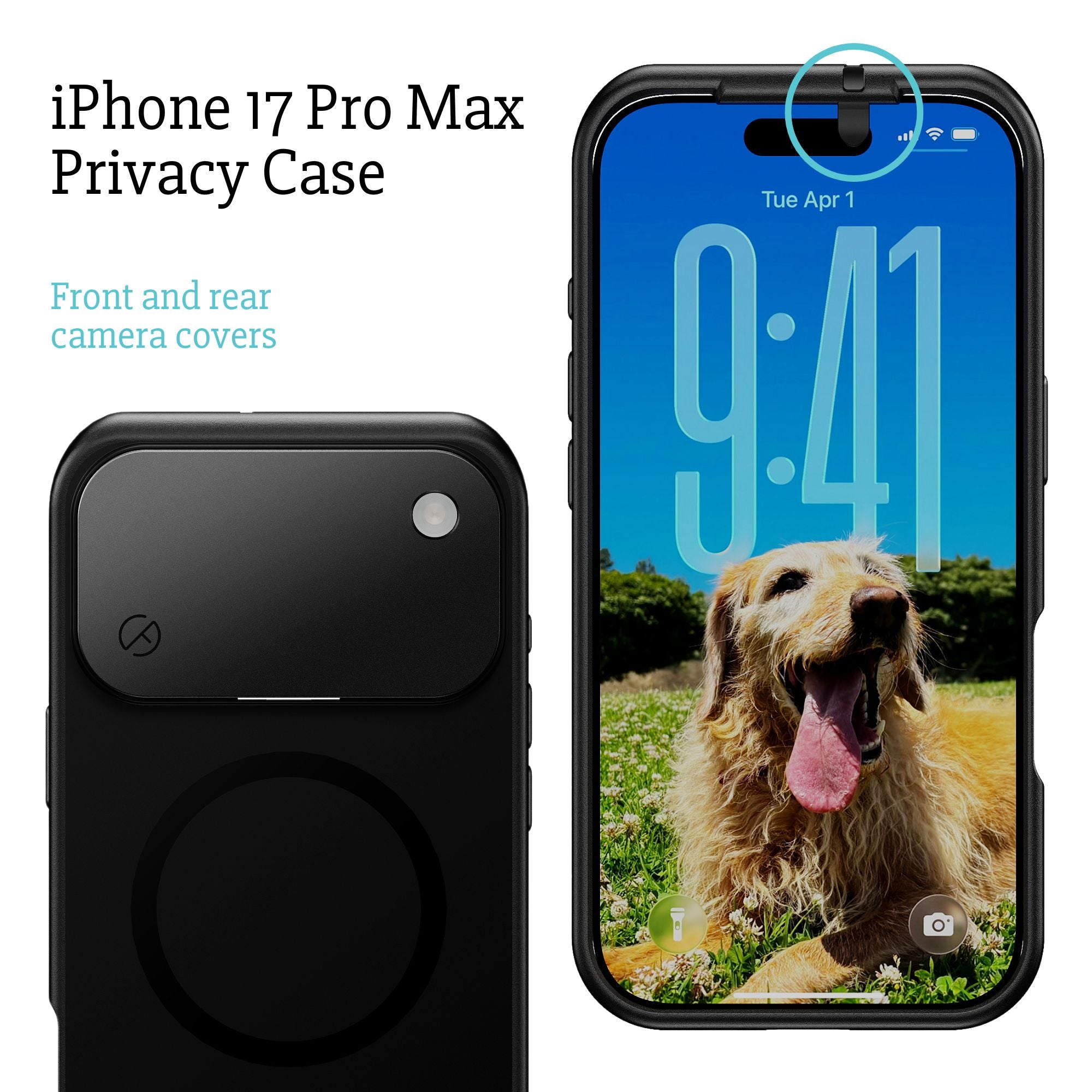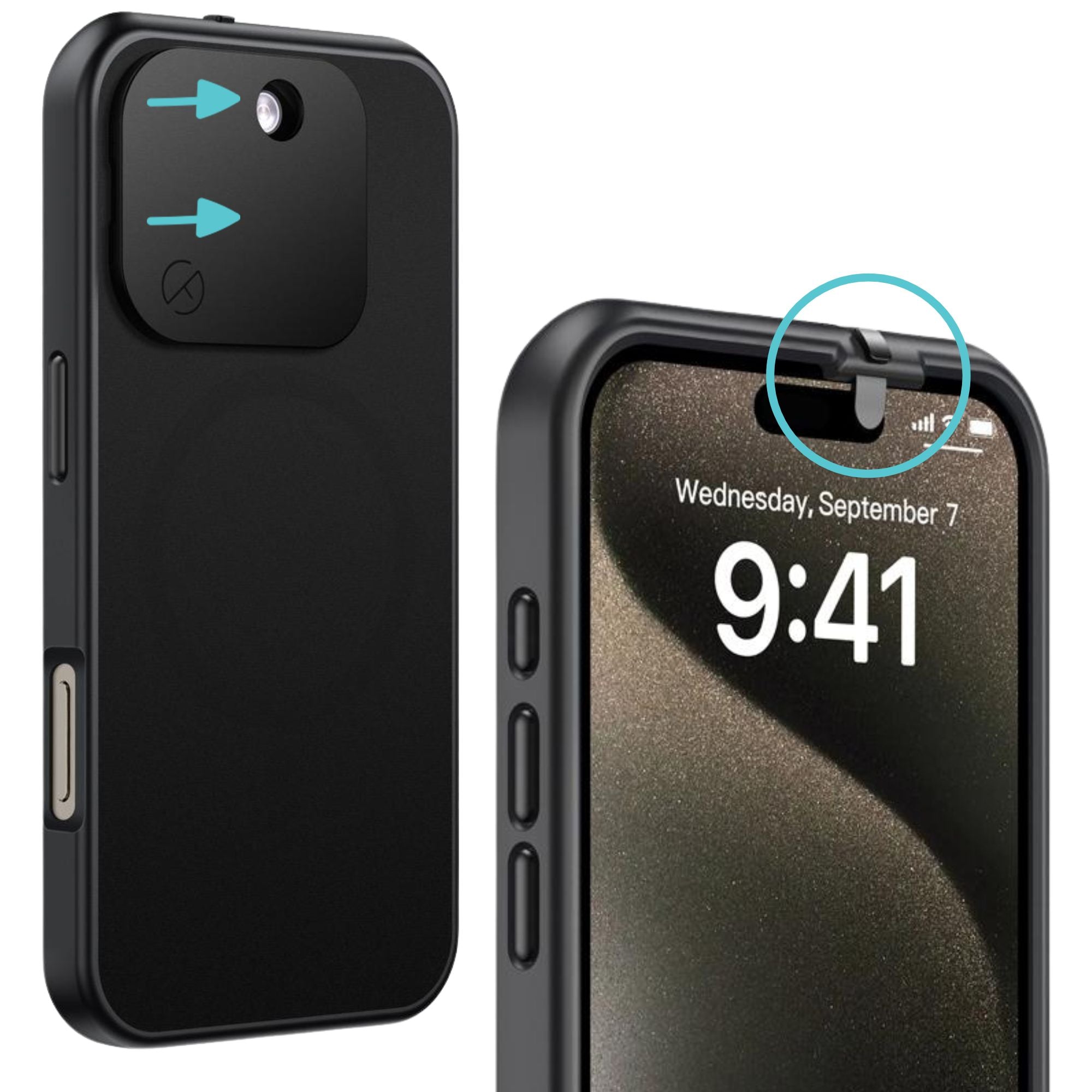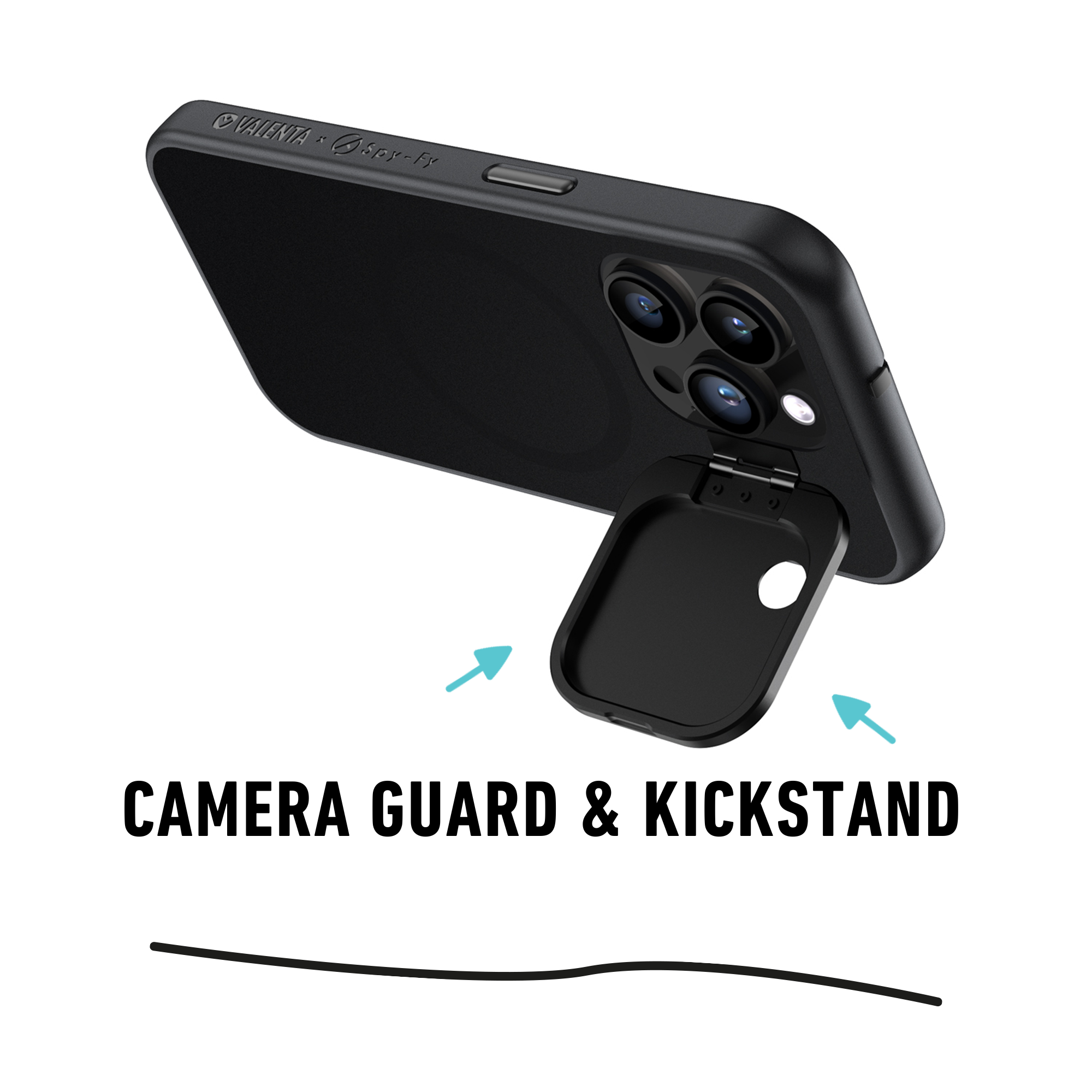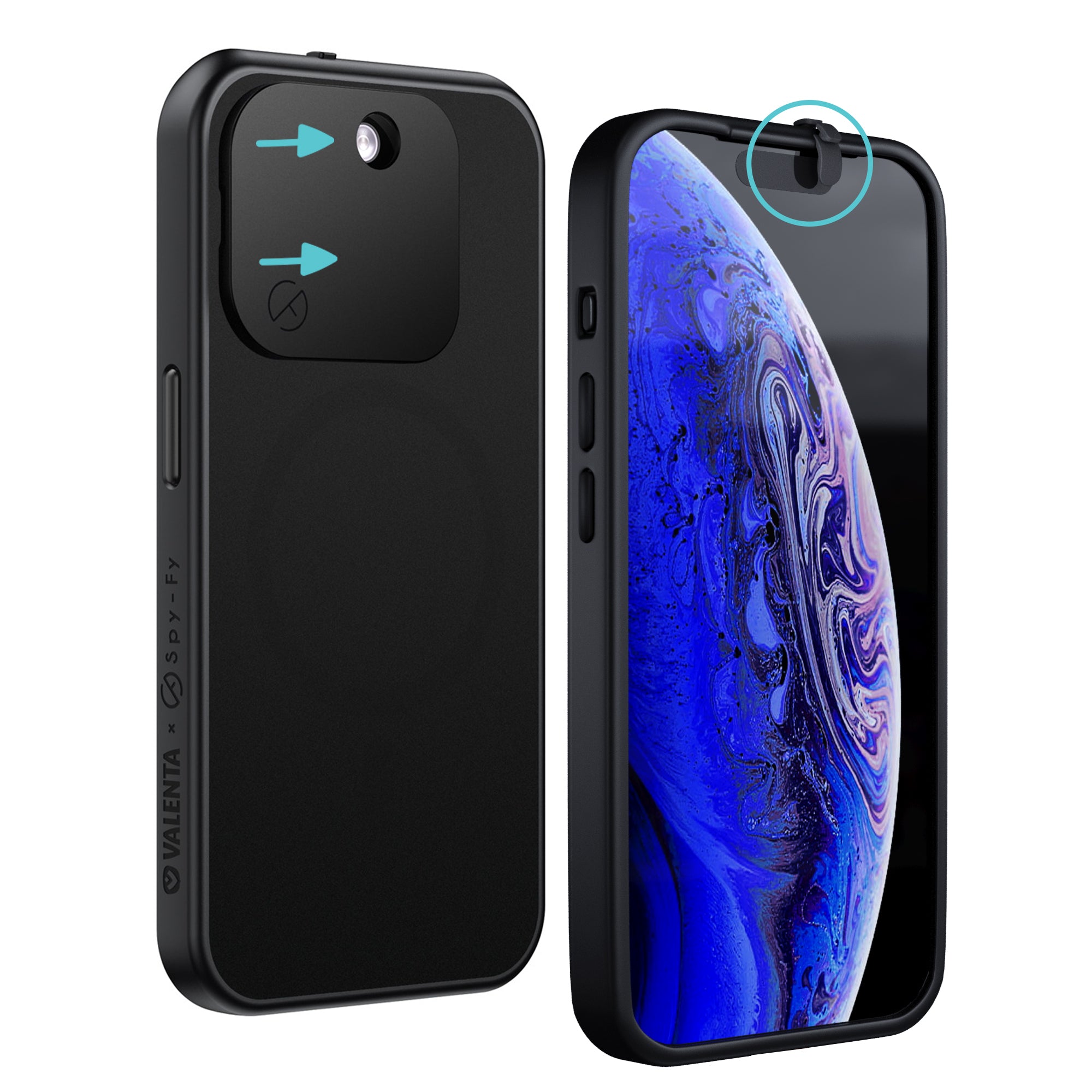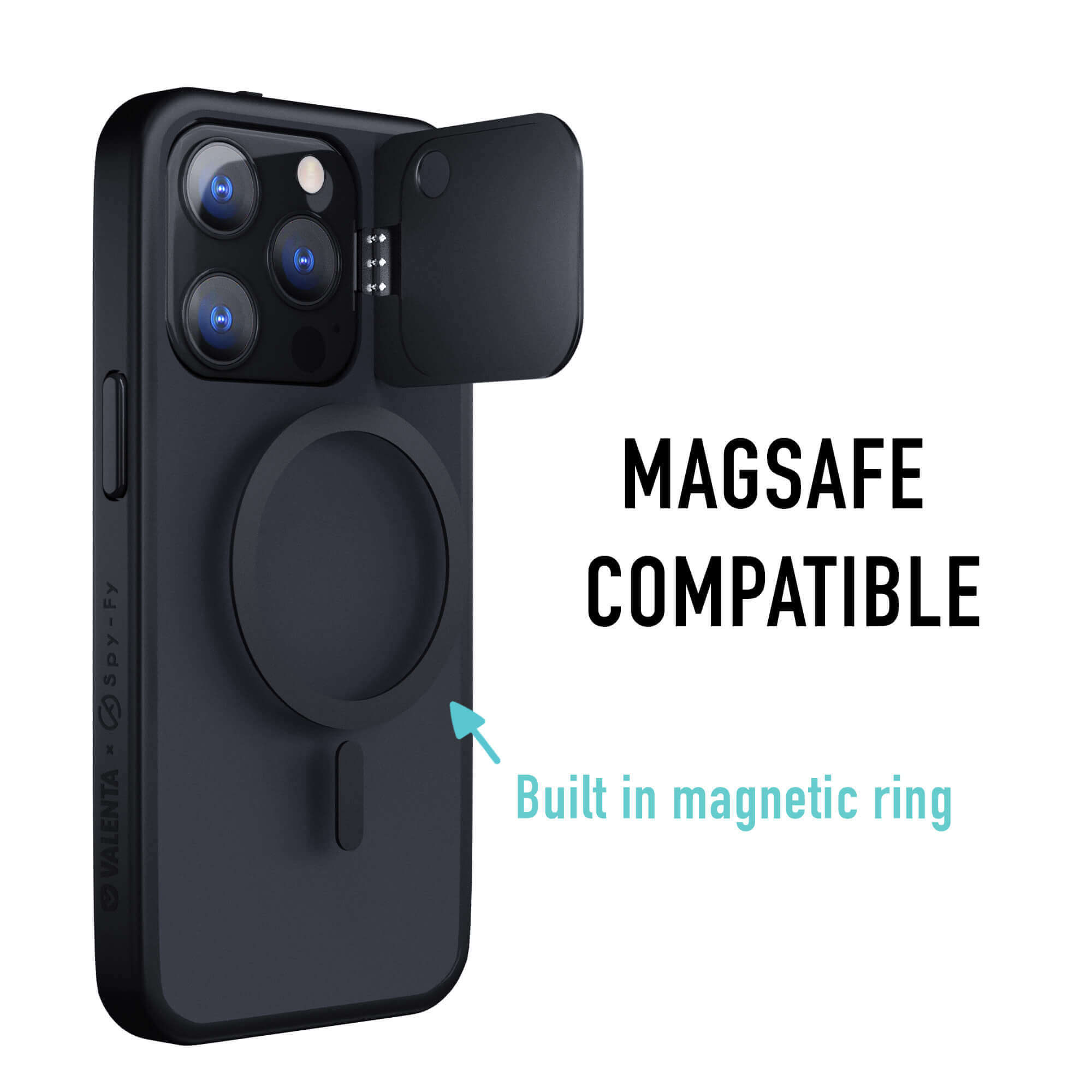Every single day, the devices that we use generate a ton of data. The amount of data that we generate is also growing at an incredible pace, partly due to the growth of the Internet of Things. Expectations are that in just 2,5 years, we will produce around 463 exabytes of data each day worldwide. Exabytes? That probably doesn’t ring a bell. To put it in perspective, 463 exabytes is about the equivalent of the data that can be stored on a total of 213 million DVDs. That’s a lot of data.
Whether you want it or not, the amount of data that an individual generates every day is also growing. The extra data means that hackers are better able to create a full profile on your preferences and likings. Unfortunately, the black market is selling personal and confidential data at an increasing rate. For individuals, this can result in a lot of spam emails, unwanted phone calls, or empty debit- and credit cards. For business owners and their employees, however, it can become an even bigger problem. Hackers use more sophisticated techniques nowadays to inquire into confidential data, which are used to blackmail businesses or employees.
There are a few options to counter the stealing of your data. The most simple option is to withhold hackers to access your data to begin with. This article will therefore dive into USB data blockers and explain what they are, why to use them, and in what different forms they come.
What is a USB data blocker?
Later on, we will discuss the different types of data blockers. All of them function in theory the same, just their name is different. For now, let’s talk about the USB data blocker. They might look like a USB stick, but USB data blockers shouldn’t be confused with a device that stores data. Rather, the USB data blocker blocks unauthorized data transfers when you’re charging your phone or tablet in public: it protects your data. Data lines that run through the cords in public charging stations are easily hackable. The USB data blocker is a small gadget that blocks the data pins that are at the end of your charging cable, the ones that otherwise would connect with the hacked cords. Indeed, the physical lines are disabled to touch your charger. Therefore, using a data blocker results in USB charging points being unable to transfer data to unwanted places. It functions as a shield between the hacked data lines and your device.
Do data blockers also function as a charge blocker?
USB data blockers act as a protective layer when a personal or business device is charged at public charging points. Although it does modify the port of your charger, it doesn’t block the actual charging of your device. You won’t notice any difference while charging your phone. At the same time, it makes a huge difference when it comes to the security of your data.
Why should you use USB data blockers?
In our current day and age, many people are working while they travel. The world around us is made so convenient that anyone is able to charge their devices at any given place. Without thinking twice, people happily plug in their devices to any available USB charging point, making sure they can continue to use their devices for work or other purposes. Very easy indeed, but it also comes with some dangers.
The way in which hackers gain access to the data of your phone through public charging stations is often referred to as ‘juice jacking’. Hackers physically adjust the USB port, so that files and data can be transferred between the data storage of the hacker and the device that is being charged.
You might not be aware of it, but every day there are more data breaches worldwide than there are citizens in Miami. Every hour there are over 250.000 data breaches, adding up to about six million breaches every day. These affect a combination of individuals, institutions, corporations, businesses, or governments.
What data do hackers steal?
The type of data that is stolen depends on the hacker and the device that is charging. The most valuable data are credit card and payment details. When the hacker gains access to these details, it is easy to clear the funds from your account. A ‘broker’ will buy card details from the black market and resell them to a ‘carder’. The ‘carders’, so the second ones who buy the data are the ones who actually clear your funds as much as possible.
Other data that is in high demand on the black market include usernames and passwords, confidential business details, health care records, or general information about individuals and their relatives.
What data blocker can you use?
The importance of using a data blocker should not be overlooked. Both individuals and companies will see serious consequences from the moment their devices are hacked, and data is shared with unwanted people.
Data blockers come in different forms. Basically, there are two types you can pick from. The first one is the USB data blocker, on which this article has spoken elaborately. The second type of data blocker is a cable with a built-in data blocker. They function exactly the same, but the latter doesn’t need any other add-on. It’s just the cable that already blocks data transfer, which might be the preferred product for some.
If you’re a business owner and want to make sure that your data isn’t shared with hackers, it is wise to provide your employees with data blockers. You can gather information or request a free, personalized, sample of USB data blockers by clicking on this link.

